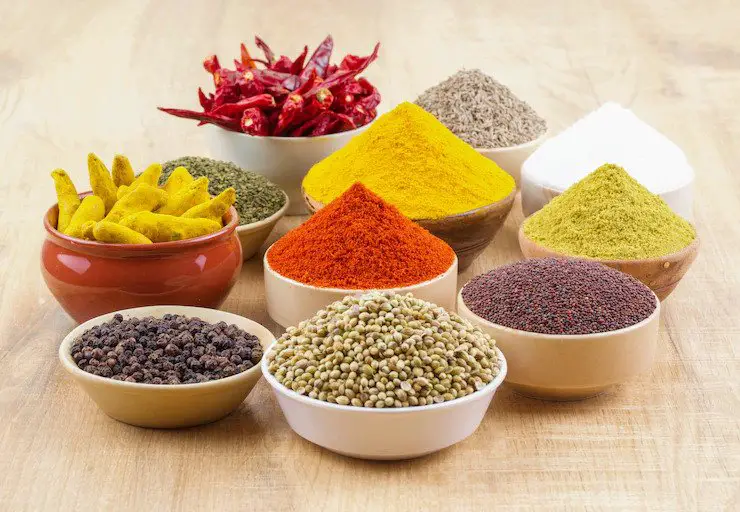When speaking of spices, the only country that comes to our mind is India. It is truly the land of spices. There are endless combinations of flowers, leaves, roots, barks, seeds, and bulbs that can provide us with infinite flavors. Different flavors that Indian spices offer include sweet, sharp, hot, sour, spicy, aromatic, tart, mild, woody, fragrant and others that are to describe but good to feel. This is the reason more people are looking for bulk Indian spices online.
Indian spices not only enhance the taste of our food but are also a part of traditional medicine. When other parts of the world had not even discovered the varieties of spices, India was already exporting the spices to many countries. Spices are now grown and used across the globe, but India remains the king when we talk about bulk Indian spices online.
Some of the Main Varieties of Indian Spices
There is an exhausting list of spices that are used in various cuisines and help enhance the flavor of our dishes. Some of the most critical ones are:
- Black Pepper: Also known as the king of spices, black pepper is used for seasoning and is also known for its medicinal properties. It is hot in nature and has various anti-oxidant properties, including many vitamins and minerals. Black pepper is also a good skin stimulator and helps produce pigments keeping our skin healthy.
- Ajwain: Often consumed after roasting in ghee, it gives a complex aroma to the food. Originally sourced from Egypt, Ajwain is now cultivated in various parts of Northern India. As for its medicinal properties, it can cure some of the respiratory problems.
- Fenugreek Seeds: These yellow-colored seeds offer a slightly bitter taste and are used in various sauces and spice mixtures. They help in the reduction of body fat and enhance hair growth.
- Cloves: Nose-pin-shaped spice cloves are dry and wood-textured whole spices and are mostly consumed after roasting or frying. They are a significant component of garam masala and are suitable for curing toothaches.
- Coriander: This spice is an essential part of many curries all over the world. All the parts of the whole coriander are eatable and can treat digestive disorders and to treat nausea.
- Turmeric: Turmeric has been an integrated part of Indian spices for thousands of years. It provides the dishes with a yellow color and a slightly woody taste. They are anti-fungal and can treat many skin diseases.
- Saffron: One of the most expensive of all spices, this is mainly grown in Kashmir. It is used for seasoning and flavoring purposes and provides a beautiful yellowish-orange color along with a fresh fragrance to the food.
- Cardamom: This is also one of the oldest Indian spices and provides a sweet-bitter flavor to the dishes. Most of the time, cardamom seeds are used, while many chefs grind the cardamom as a whole. It is a natural food preservative and is a significant source of iron and calcium.
- Cumin: Jeera is a part of traditional Indian cuisine and is used roasting with ghee while you start starting preparing a dish as the first step of cooking. Cumin is a good preservative and is believed to improve saliva secretion and thus is a good remedy for indigestion.
Conclusion
Indian chefs offer food with a variety of seasonings in different forms and colors. Indian spices offer various health benefits. They add flavors and nutrients to dishes without adding calories to your food. Every type of Indian dish owes its taste and flavor by using the right kind of spice. Order your spices pack today from VLC Spice Company in India and immerse yourself in the authentic taste of Indian spices.
0







